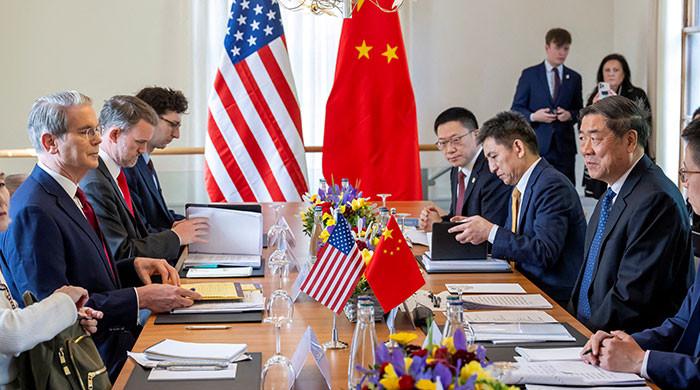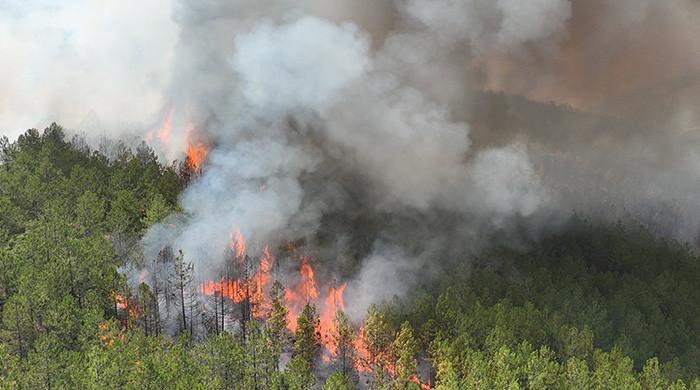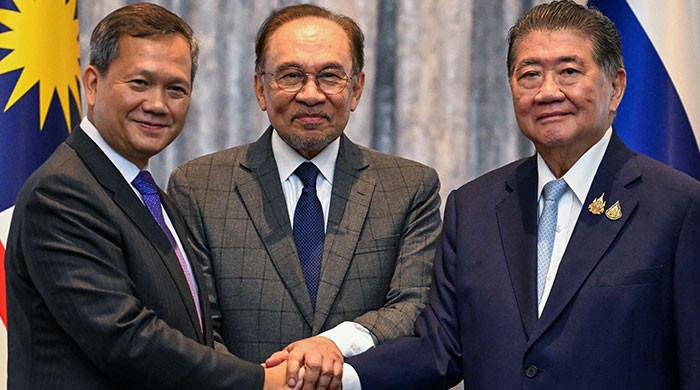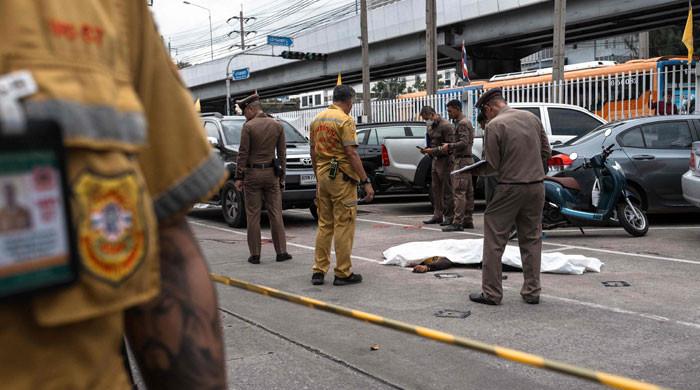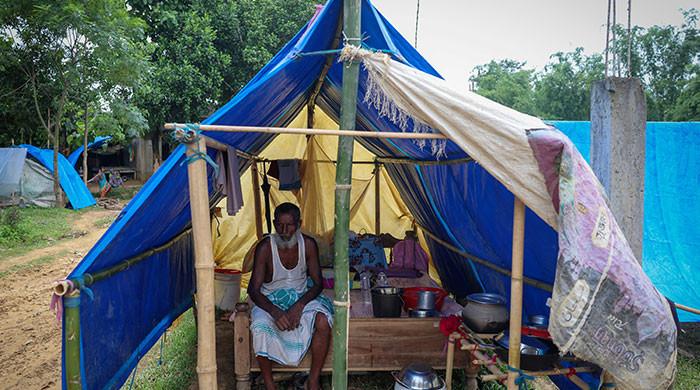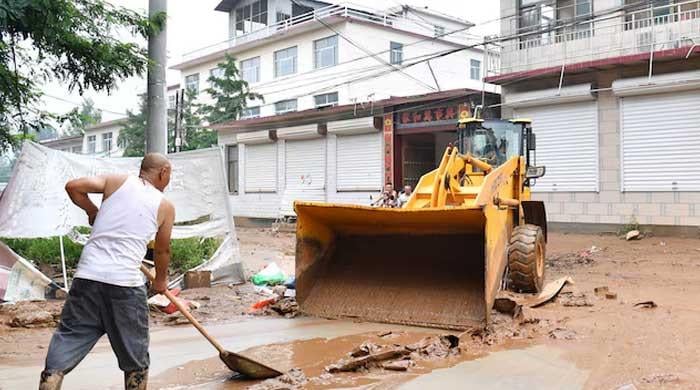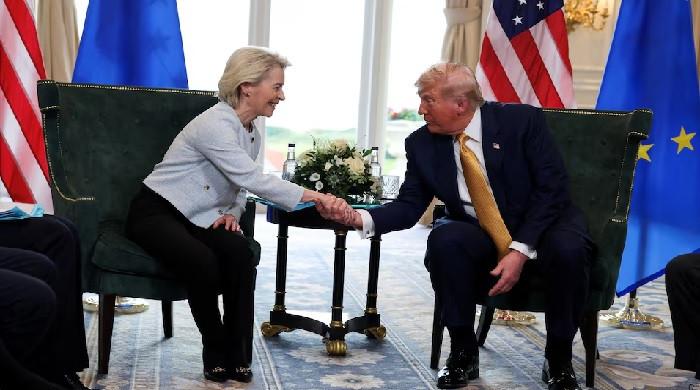What is 'revenge travel' and why is it gaining popularity?
Data from Expedia shows that May, 2021 proved to be year in which there was highest increase in travel search traffic (10%)
May 16, 2022
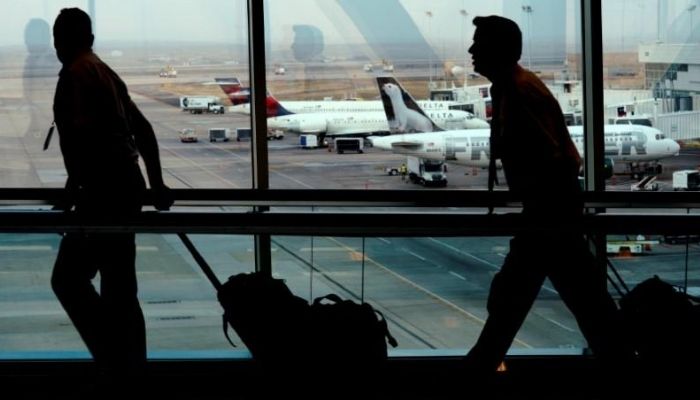
- New phrase, 'revenge travel', is gaining popularity on social media.
- It is buzzword that people decided to make up for lost time during pandemic.
- Data from shows that 2021 proved to be year in which there was highest increase in travel search traffic (10%).
A new phrase, "revenge travel", is gaining popularity on social media. People have used the term to describe family get-togethers, extravagant vacations, and re-visits.
While the concept of revenge is usually negative, "revenge travel" is more about the love for travel, CNN reported.
"Revenge travel is a media buzzword that originated in 2021 when the world began to reopen, and people decided to make up for the lost time," says Erika Richter, vice president of the American Society of Travel Advisors (ASTA).
Richter said that it was another way of realising life is short and ending up booking trips to different places.
Many in the tourism industry are trying to figure out how to appropriately talk about "revenge travel."
"I don't think the prefix 'revenge' is appropriate to what travel should be about," CNN quoted Rory Boland, editor of Which? magazine, as saying. He also called the phrase ugly.
Whether people use the term or not, many report travelling after a long time since the lockdowns have now ended
Deborah Campagnaro from Canada says she will be staying in Nepal for almost a month with her husband as opposed to the one-week trip they had originally planned before the pandemic.
A resident of Rhode Island, Britney Darcy, is also planning a trip to Paris that was called off due to the pandemic.
Instead of the five-day trip she had thought of, she is rescheduling the trip for two weeks in France and Italy.
"Covid has made me less frugal. We only live once, so I might as well spend my money on experiences," said Darcy.
According to CNN, people clearly want to be back on the road.
Data from travel booking company Expedia shows that May 2021 proved to be the year in which there was the highest increase in travel search traffic (10%). This was just a week after the European Union voted to approve vaccine use on adolescents.
A survey conducted by the company showed that 60% of the people had plans to travel locally and 27% to travel internationally in 2022. It also showed that people were more willing to spend more money than before.




